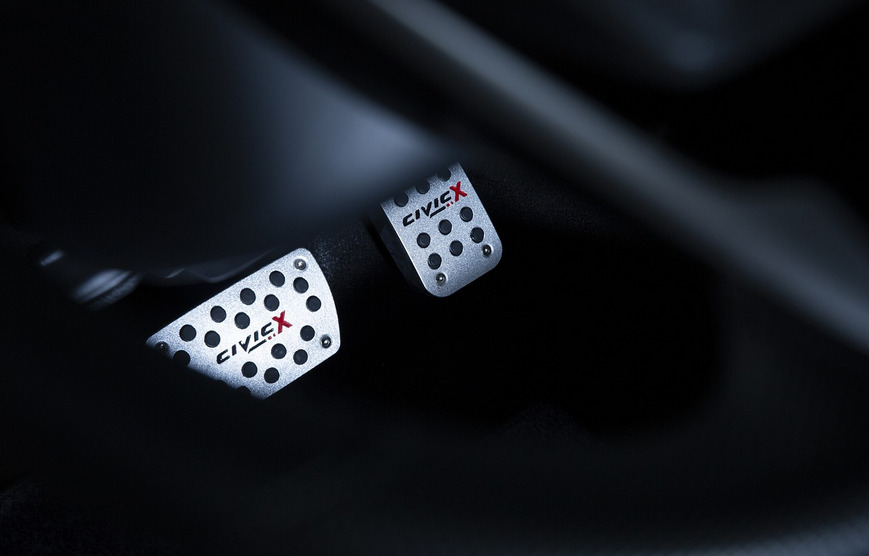Simple DIY Tricks and Hacks to Make Your Current Car More Fuel Efficient
In today’s world, fuel efficiency has become a major concern for car owners. The skyrocketing prices of gasoline and the need to reduce carbon emissions have made it necessary for car owners to adopt cost-effective and environmentally friendly driving habits. In this article, we will share four simple DIY tricks and hacks that you can use to make your current car more fuel-efficient. In addition, this Hadgerty’s QR Code Generator can help easily access your car insurance information and enhance your safety while on the road.
Keep Your Tires Properly Inflated

Inflating your tires to the recommended PSI (pounds per square inch) can help reduce fuel consumption by up to 3%. According to research, underinflated tires create more rolling resistance, which forces the engine to work harder and consume more fuel. You can easily find the recommended PSI for your car in the owner’s manual or on a sticker in the driver’s door jamb. Consider investing in a tire pressure gauge and inflator to maintain the desired pressure.
Remove Excess Weight
The heavier your car is, the more fuel it consumes. Therefore, it’s important to declutter your car by removing any unnecessary items that add extra weight. For instance, remove roof racks, bike carriers, and other bulky items when not in use. Also, avoid filling up your gas tank to the brim, as that extra fuel adds weight to your car.
Use Cruise Control
Using cruise control can help you maintain a constant speed and prevent unnecessary acceleration and deceleration, which can be fuel-consuming. Cruise control is ideal for highway driving, where you’ll likely cover long distances with minimal stops. By using cruise control, you can save up to 7% on fuel consumption, depending on the terrain and road conditions.
Change Your Driving Habits
 Lastly, changing your driving habits can go a long way in improving your car’s fuel efficiency. For instance, avoid harsh acceleration and braking, which consume more fuel. Instead, accelerate gradually and maintain a steady speed. Also, avoid idling for extended periods, as this consumes fuel unnecessarily. You can turn off your engine when you’re stuck in traffic or waiting for someone, especially in extreme weather conditions. By adopting these driving habits, you can increase your fuel efficiency by up to 35%.
Lastly, changing your driving habits can go a long way in improving your car’s fuel efficiency. For instance, avoid harsh acceleration and braking, which consume more fuel. Instead, accelerate gradually and maintain a steady speed. Also, avoid idling for extended periods, as this consumes fuel unnecessarily. You can turn off your engine when you’re stuck in traffic or waiting for someone, especially in extreme weather conditions. By adopting these driving habits, you can increase your fuel efficiency by up to 35%.
In conclusion, making your car more fuel-efficient doesn’t have to be complicated or expensive. By adopting these simple DIY tricks and hacks, you can save money on fuel costs and reduce your carbon footprint. Remember to keep your tires properly inflated, remove excess weight, use cruise control, and change your driving habits.…





